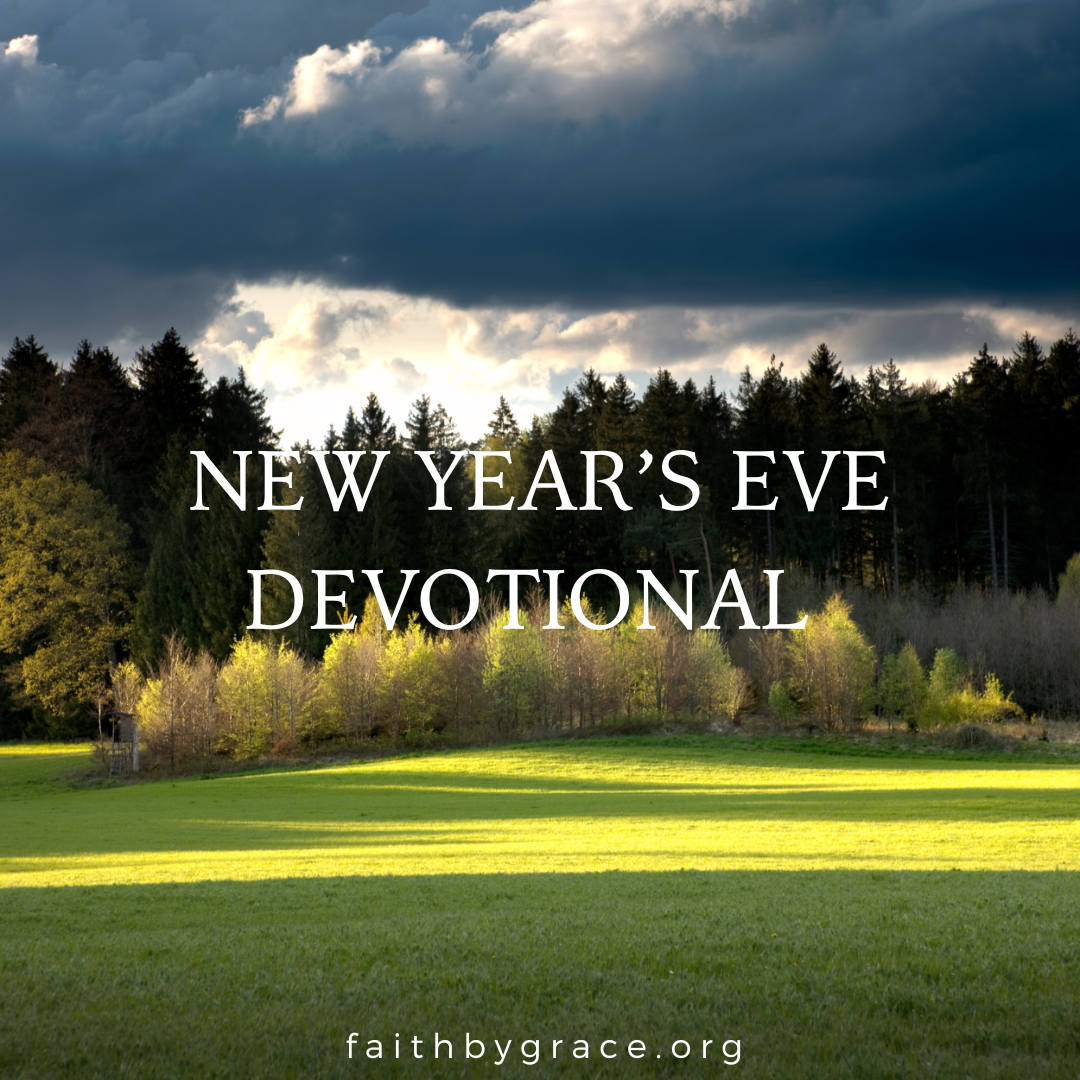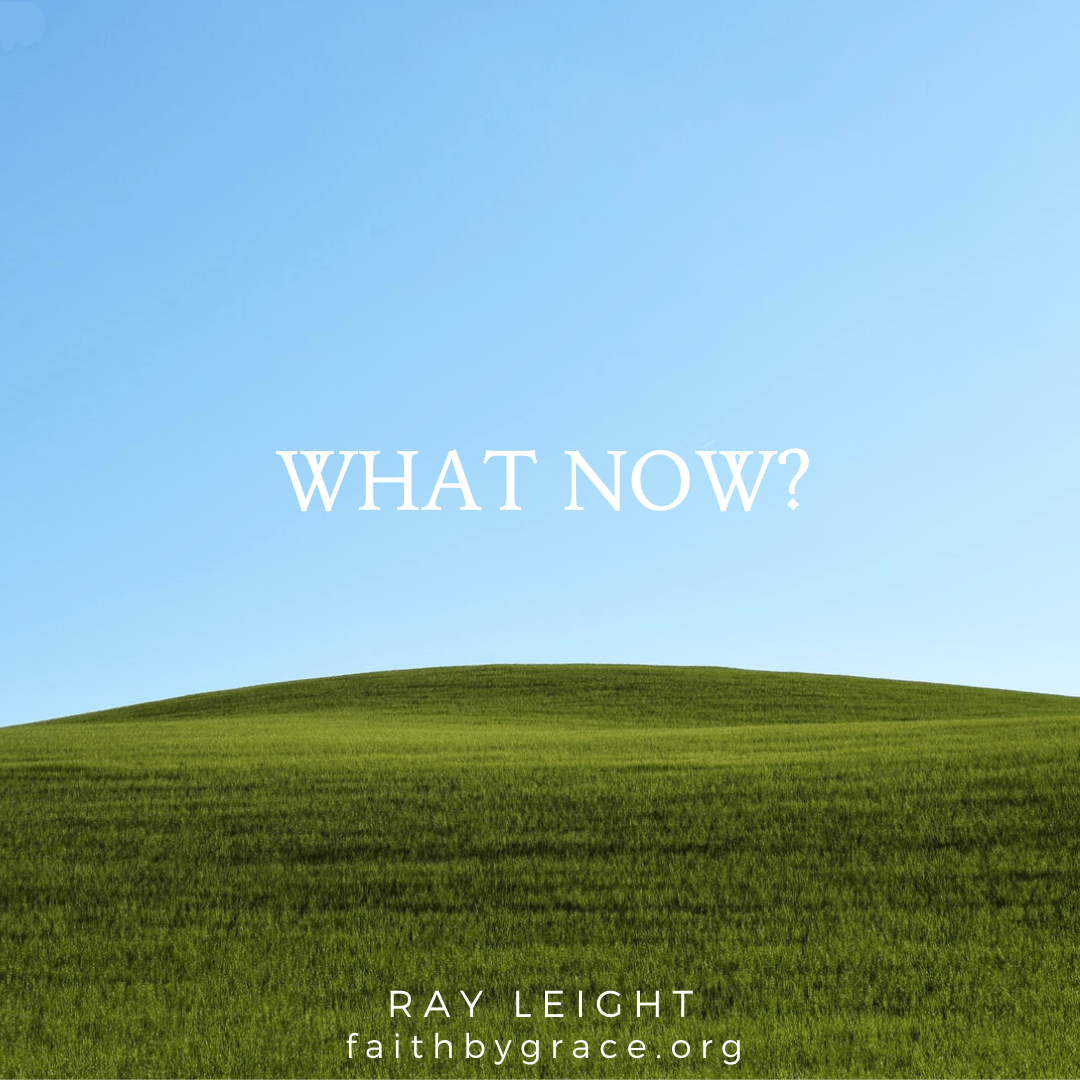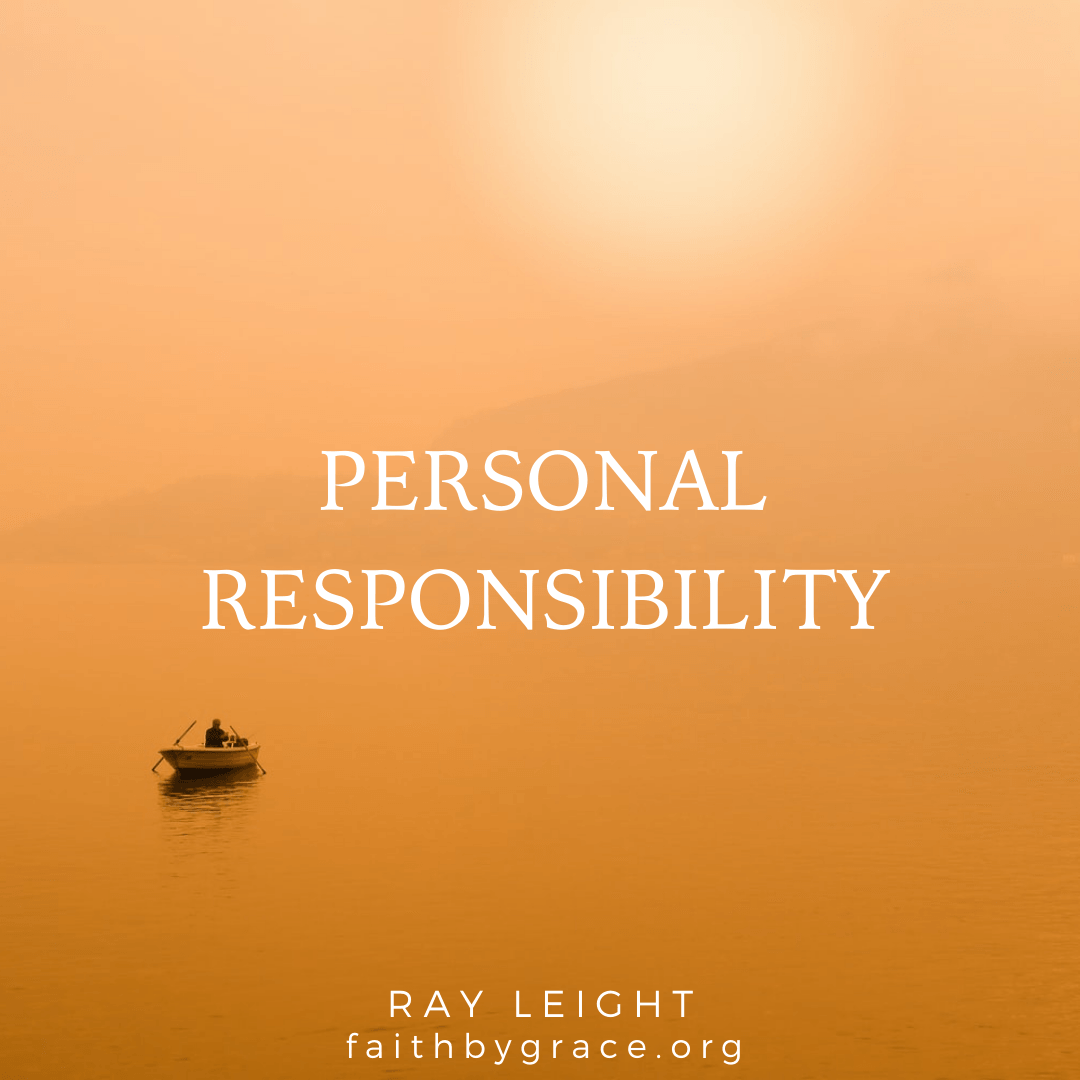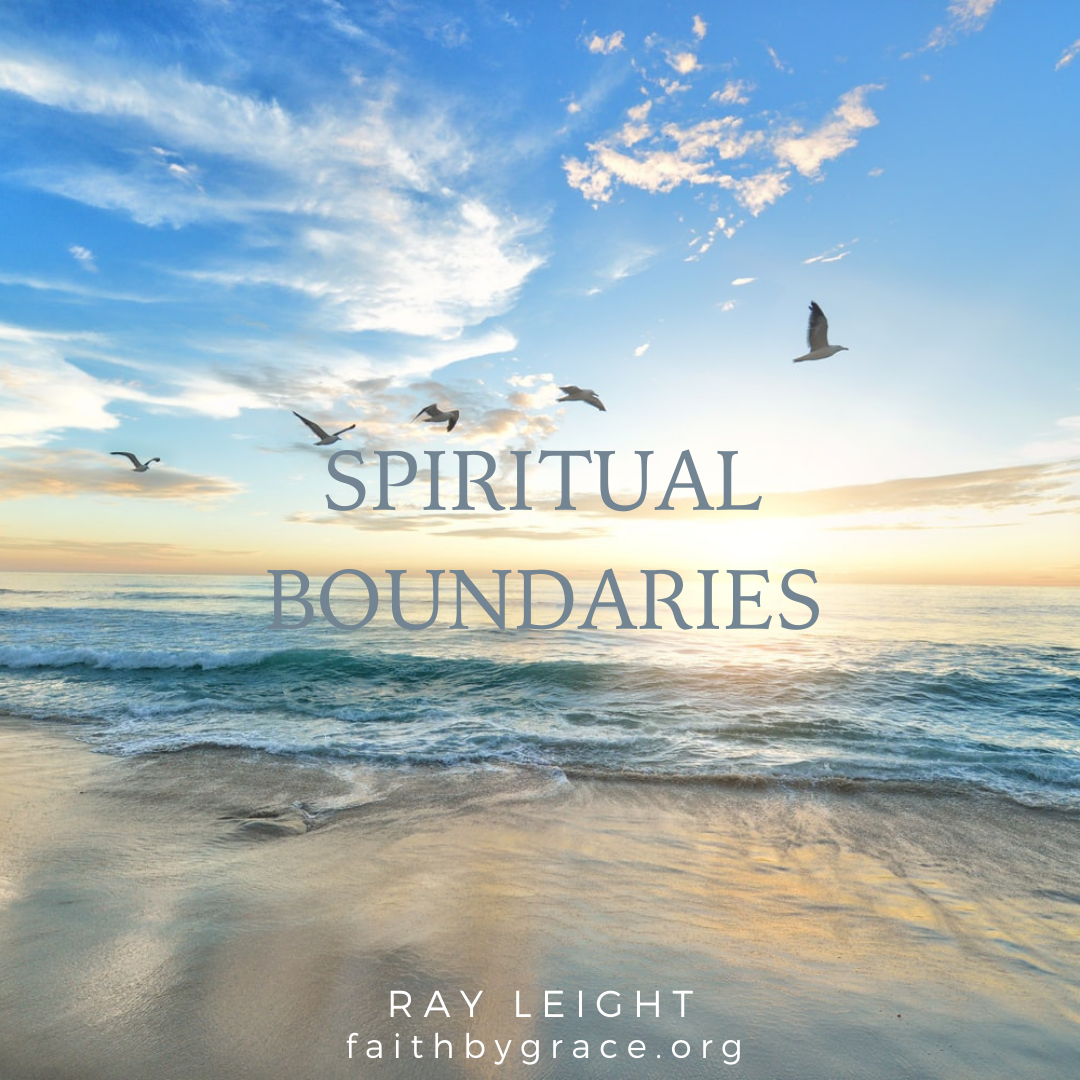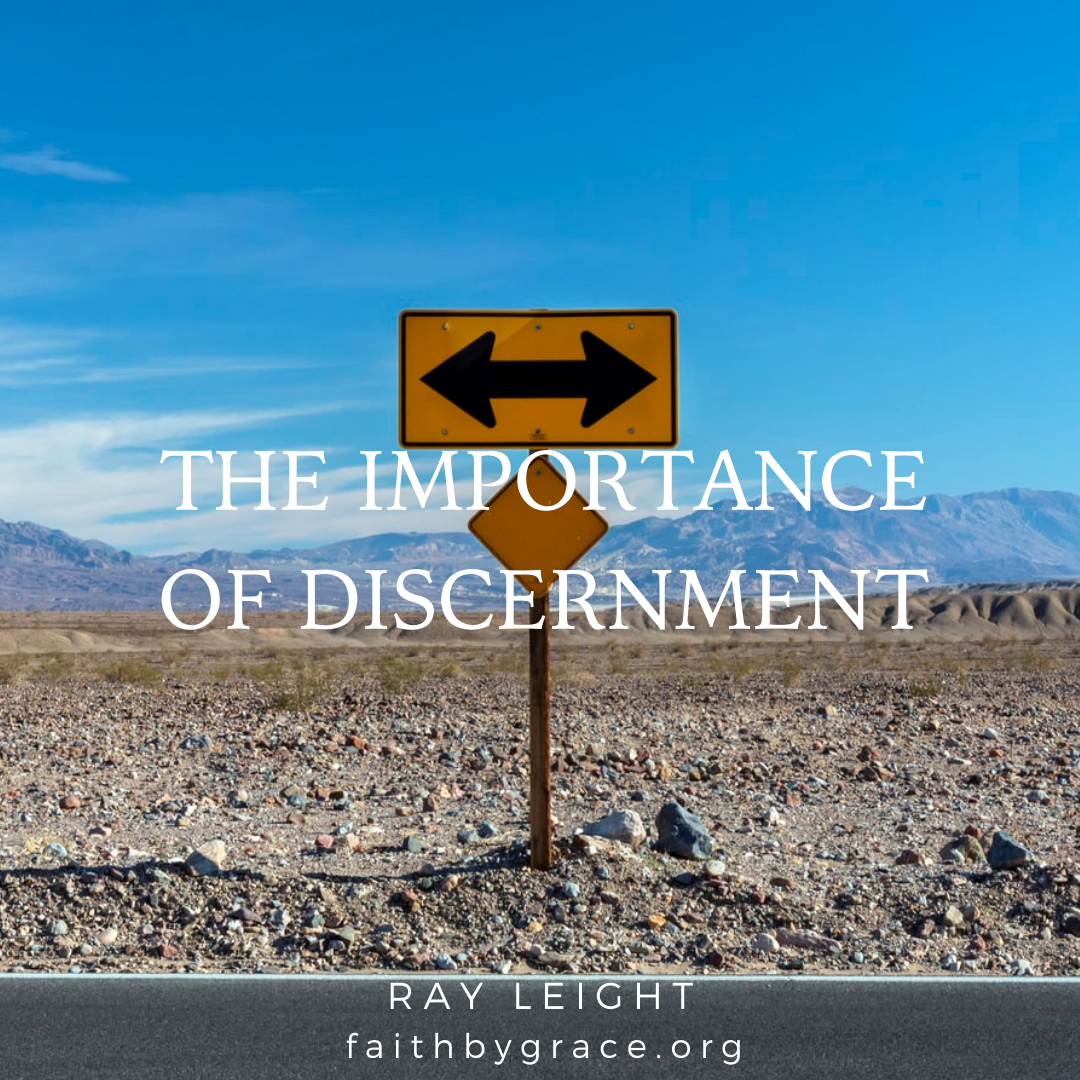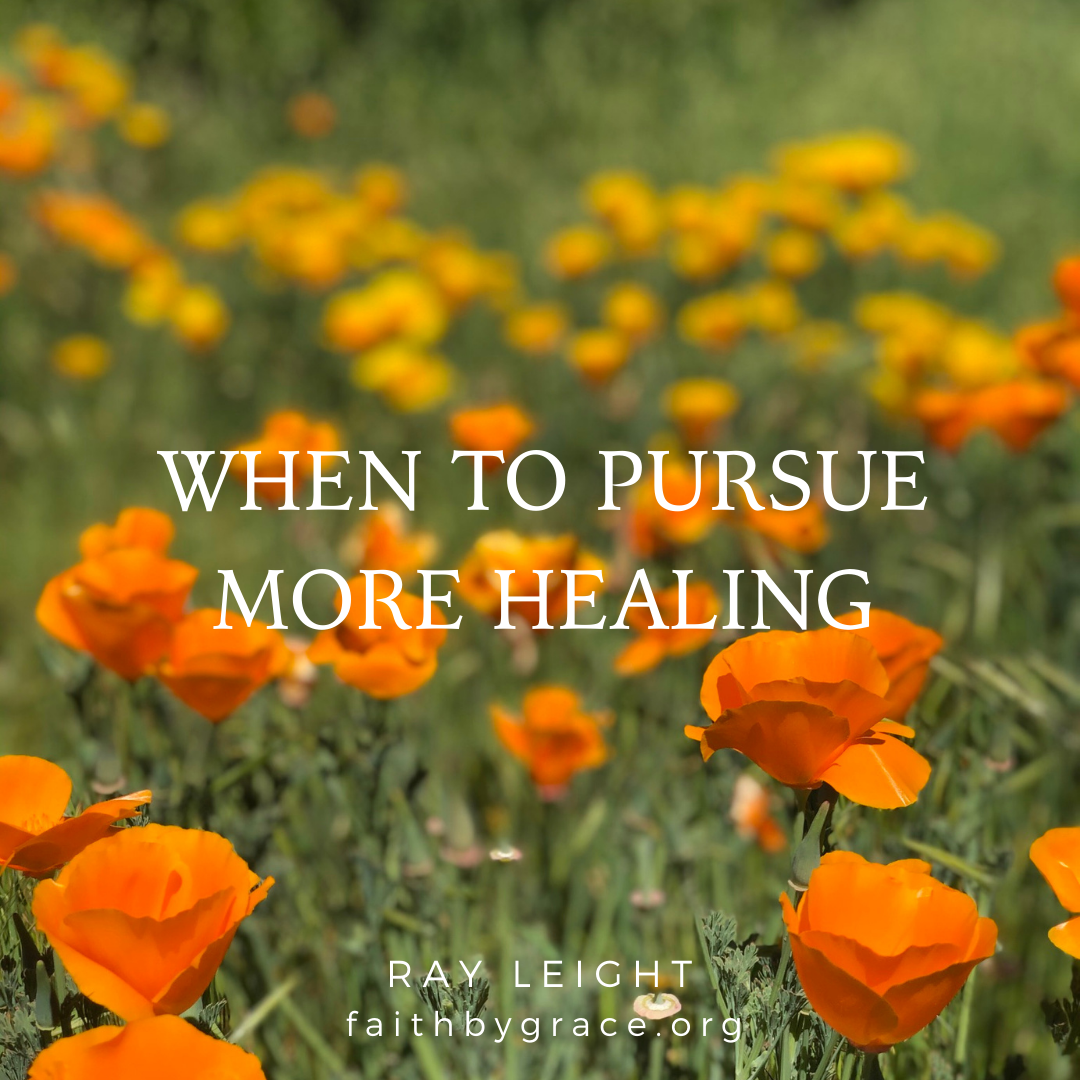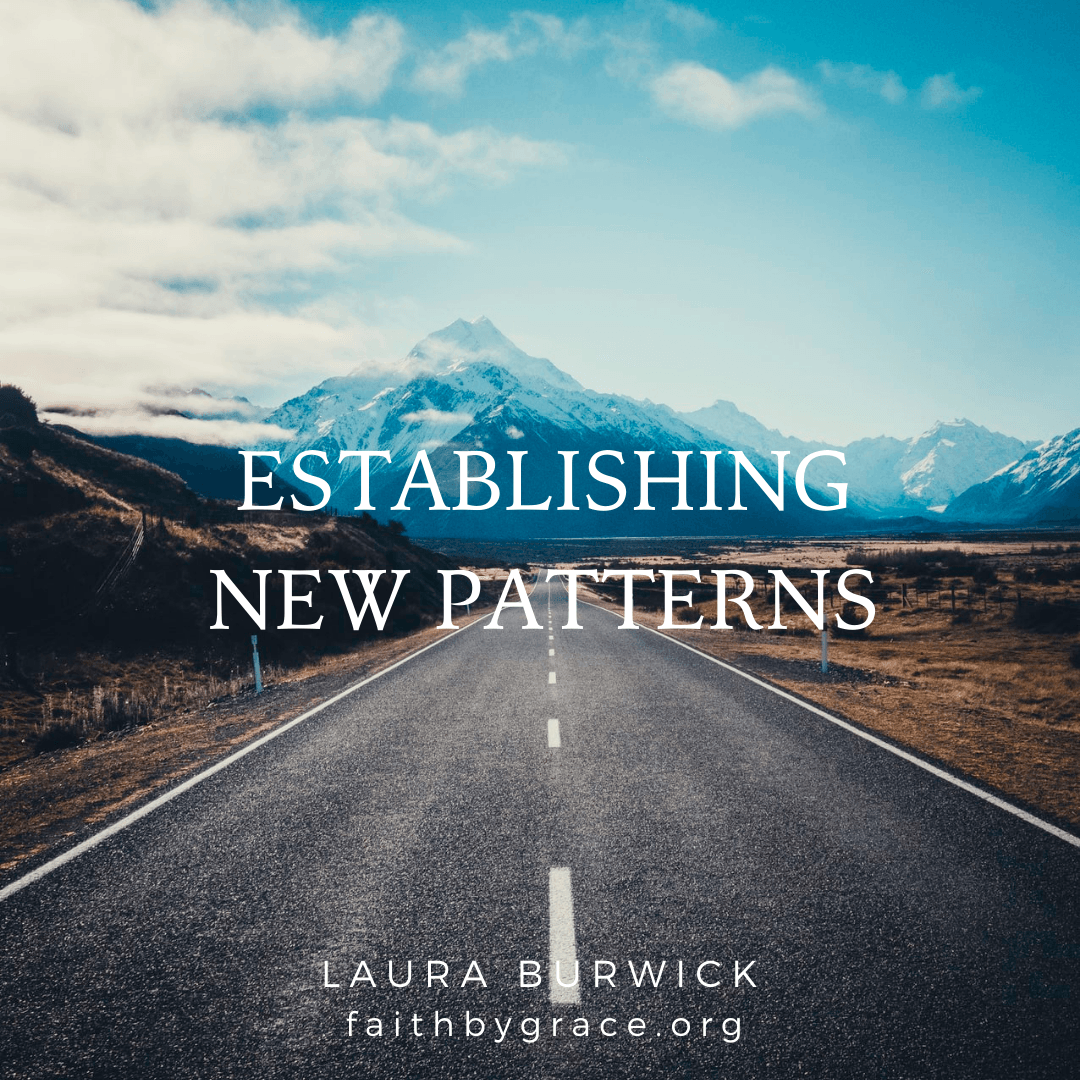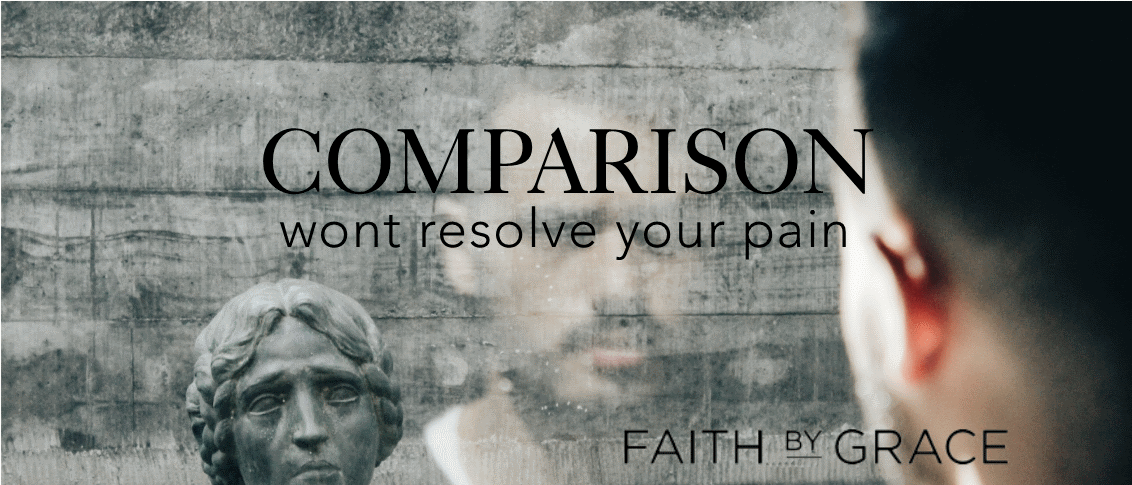Comparison Won’t Resolve Your Pain
Have you ever thought “ I should be grateful about my loss because …,” or “I shouldn’t feel bad about my loss because…?” In this blog, I am going to share helpful ways you can keep from adding guilt and condemnation to your grief.
Looking back, I can still remember specific times in my life
when I would try to tell myself that I shouldn’t be affected by my loss. One of those was when I was a child and my
parents gave away our dog. I do not
remember how old I was, but I was young.
My bedroom was right next to the front room. One night when I was supposed to be sleeping,
I heard my parents talking to their friends about our dog. Through the wall I could hear them giving our
dog away. We had never talked about this and it was
shocking to me. I never even got to say
goodbye. I went to sleep that night
somewhat confused. When I woke up the
dog was gone, and I determined not to be affected by it. I never mentioned anything to my parents and I
don’t remember ever discussing that dog again.
I shut it down at such an intensity that I still don’t remember its name,
and this memory is the only one I have of that dog. This was just one of the building blocks of
my process of stuffing everything and living an empty life of emotional
stoicism.
I understand what I just shared may not fit your situation.
Each one of us has our own set of experiences and emotional responses. However,
it seems that discounting loss for “whatever reason” is a common strategy. I really noticed this after we lost our home
in a fire recently. Like I mentioned in
my last blog, Matter Matters
,
people would try to comfort me by comparing our situation to some greater loss
that could have happened. I also noticed
people devaluing their own loss because they felt theirs was not as intense as
ours. This is such a common practice, I
don’t think people realize they are doing it.
The intensity of someone else’s loss does not negate the
value of your own. Comparing to someone
else’s loss with thoughts like, “I shouldn’t feel bad about my loss because theirs
was so much worse,” is not helpful. It
won’t resolve your pain and can delay your grieving process. Imagining how your
situation could have been worse and thinking, “I should just be grateful
because that didn’t happen,” can devalue your loss and distract you from
addressing your grief.
Not allowing yourself to process the sadness, pain, and grief
of your loss can lead to additional internal and external problems in your
life. This can include depression,
anxiety, sickness, hopelessness, unproductiveness, career dissatisfaction,
relational disconnection, addiction, or divorce, just to name a few. I can personally see how it contributed to
procrastination in my own life. This
caused me to not address issues in my life because I wouldn’t let myself be
affected by the emotions. This created a
pattern of not being passionate about my relationships, desires, goals, or
dreams, allowing them to just fade away.
Of course, this also led me into a lifestyle of denying what was
actually happening and pretending like everything was OK. I would guilt myself if I was affected, and
then be ashamed because of it. Fun times!
Gratitude by comparison is never grateful. Trying to make ourselves grateful by
comparing our situation to something else will not resolve the pain. There is not something wrong with you because
you are sad about your loss. You are not
ungrateful because you can’t just be joyful in the middle of your grief. Allowing yourself to address the real loss,
without comparing, devaluing, or denying the value of it, will allow you to
grieve through your loss, find peace, joy, and gratitude for what you do have. God gave us the grieving process so that we
can reset to this new normal we were never intended to experience in the first
place. Give yourself permission to face
the loss, grieve, and acknowledge the true value of what you lost.
The intensity of your grieving will not last forever. It may seem impossible to ever be happy
again, but it is possible. If you allow
yourself to address the loss, you will eventually feel better. It is OK if you are not OK right now. If you are finding yourself stuck in your
grief, or unable to acknowledge it, I recommend getting help outside of
yourself. A simple tool I have
recommended to hundreds of my clients is Good
Grief
by Granger Westburg. Another
great option would be to find a grief counselor near you or sign up for an
Identity Coaching session at www.faithbygrace.org. You are worth investing into, and freedom is
available.
Blessings,
Ray
Sign Up for Finding a New Normal Resources
